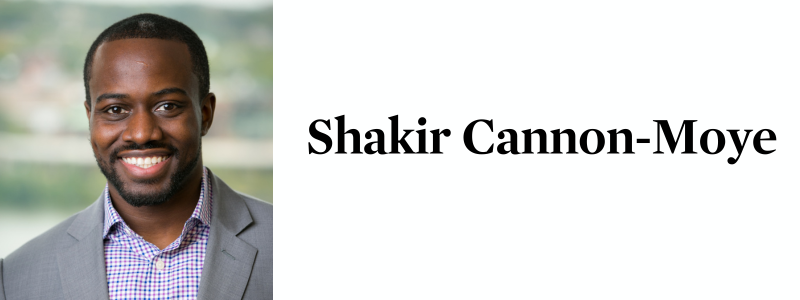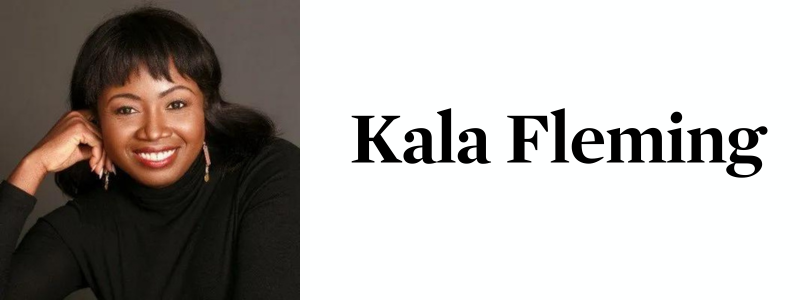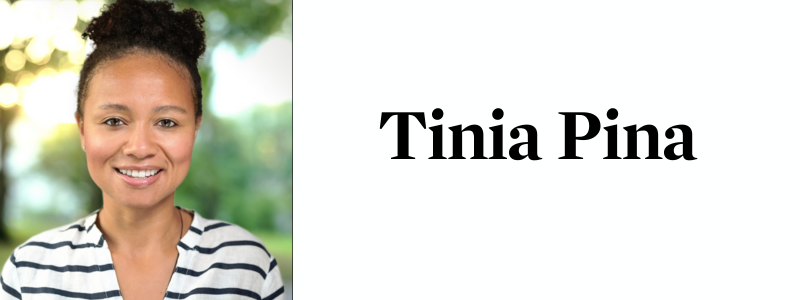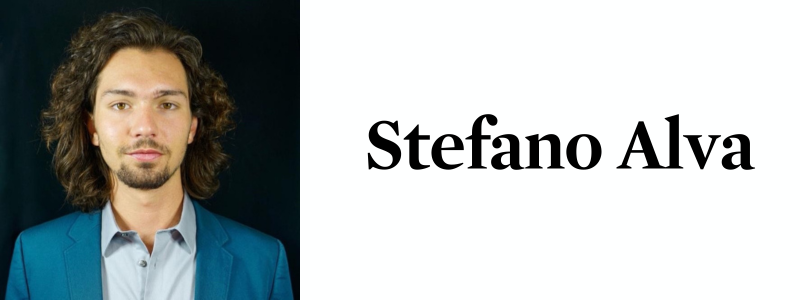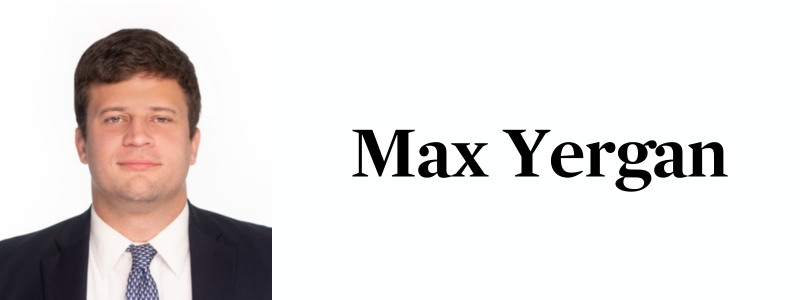
More than a century ago, the first truck with an internal combustion engine began transporting large loads over long distances, demanding long hours and incurring environmental sacrifices. Today, this trend continues with trucks powered by diesel engines, raising a critical question: How much more can truckers and our planet sacrifice for transportation convenience?
Max Yergan is answering the call for more efficient, green, and safe practices in the trucking industry. In 2022, Yergan founded Emissionless, a green company focused on rebuilding the trucking industry through technology, infrastructure, and tech-enabled services by providing electric truck fleets that significantly reduce carbon dioxide emissions.
Yergan shows—not just tells—potential clients the data backing his claims. Recently, he took a 600-mile trip from Detroit to New York City in Emissionless’s first fully operational electric vehicle, the General Motors BrightDrop Zevo 600. The truck carried a full cargo load and only required two charging sessions of two hours each along the way.
After months of participation in the JFFLabs EIR cohort, Yergan said that Emissionless’s identity and purpose now feel “a lot more streamlined, a lot more refined.”
“I like to think of it as we’re Emissionless 3.0 now, and perhaps when we applied, we were 2.0,” he said. “That process of iterating and refining and chiseling down, it is hard to do when you’re so deep in it.”
Yergan said JFFLabs has been a valuable support. “In terms of programming, JFF was the strongest out of all [other accelerators and programs], without a question,” he said. Unlike other incubator programs, “JFF provided some capital, which has been greatly appreciated,” he added. “JFF has been hugely useful and impactful, and [I’m] excited to see what goes [on] from here.”
Emissionless plans to raise more funds as it releases new products, having relied on bootstrapped funding, grants, and network support so far. The team emphasizes maintaining core values as it “[learns] how to better convey the story and the impact [of what it does],” Yergan said.


